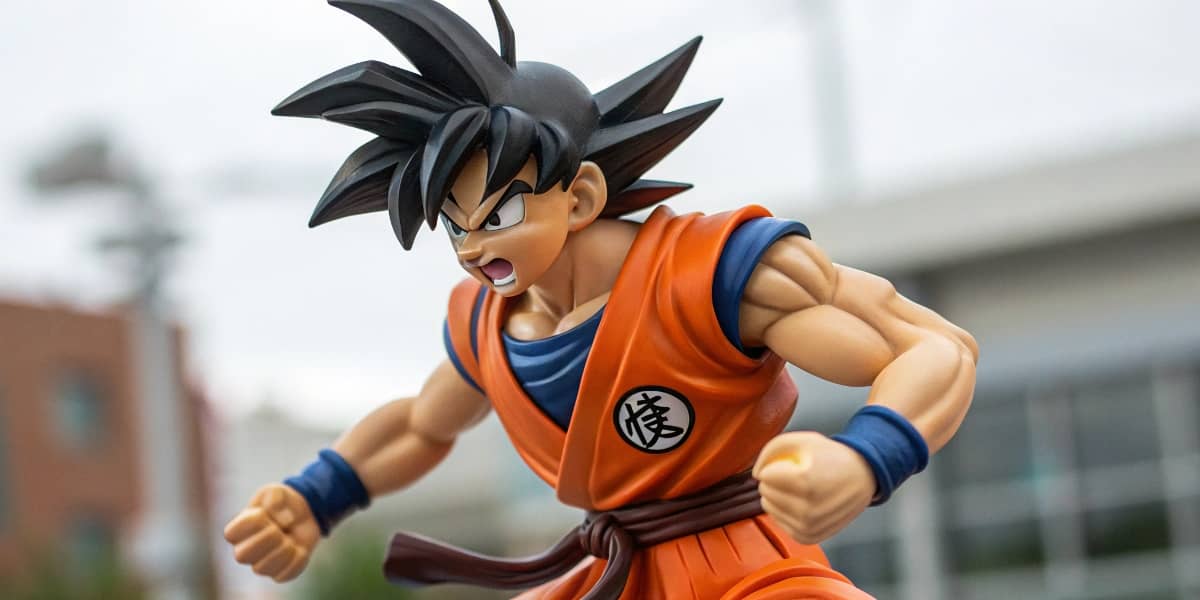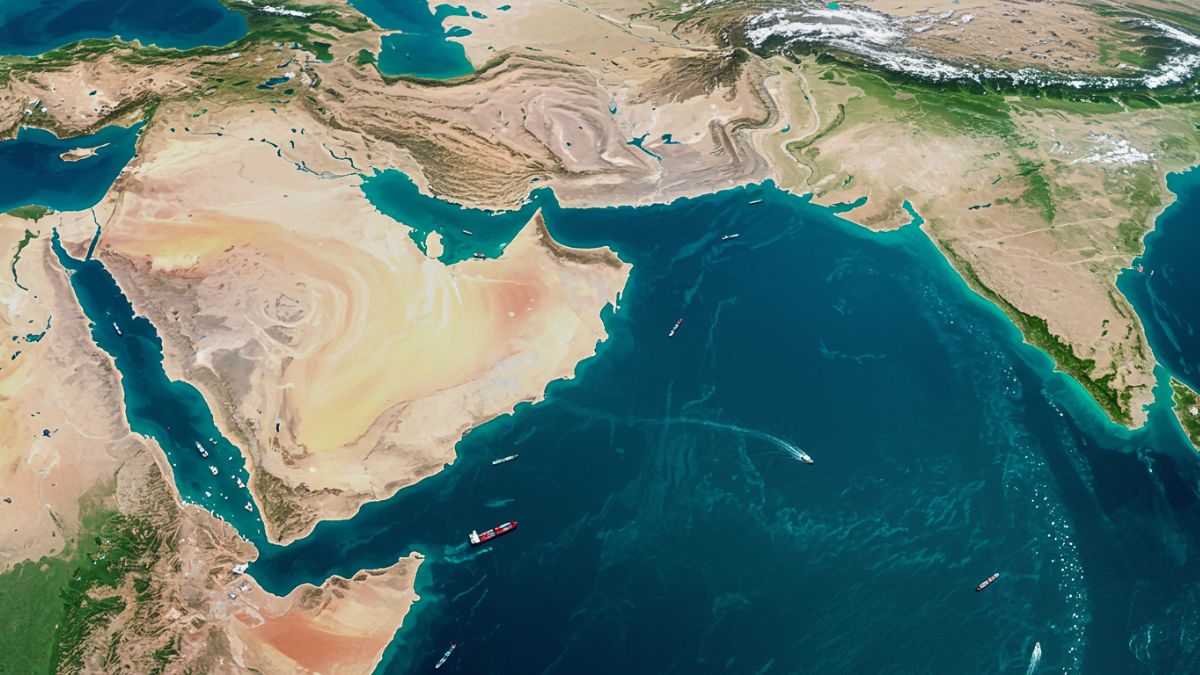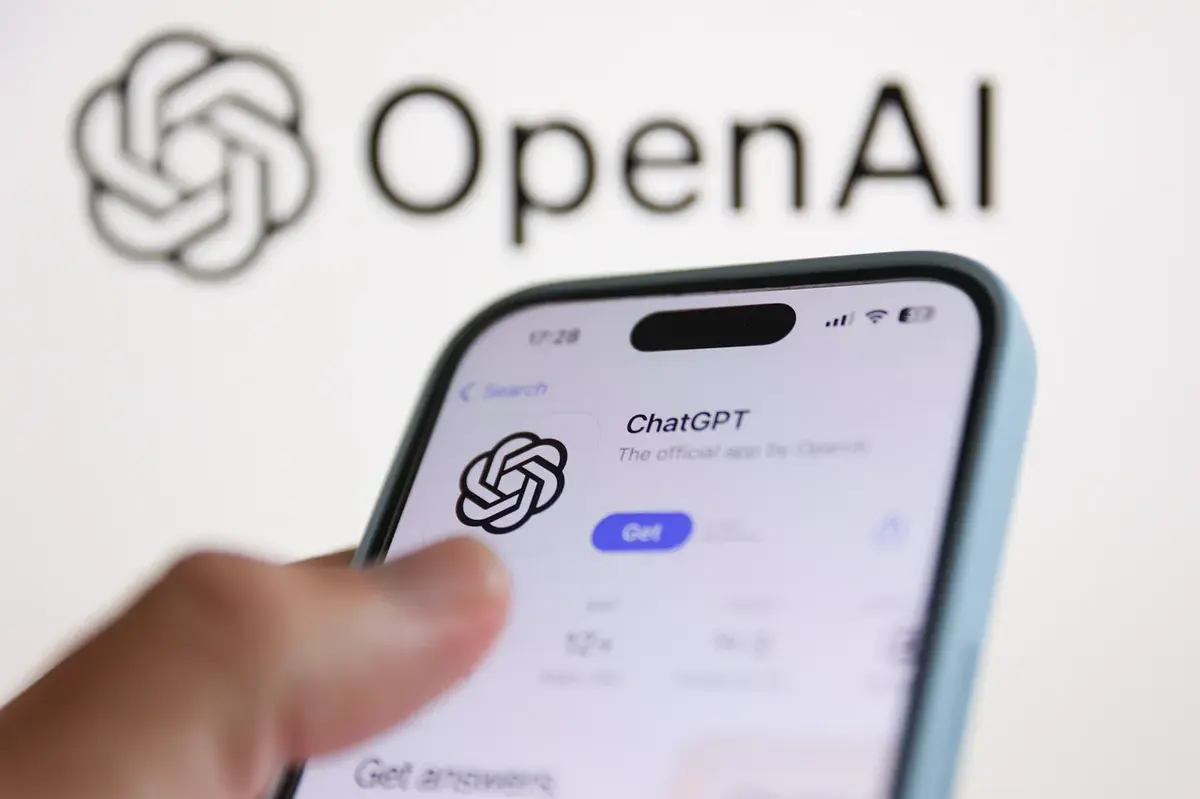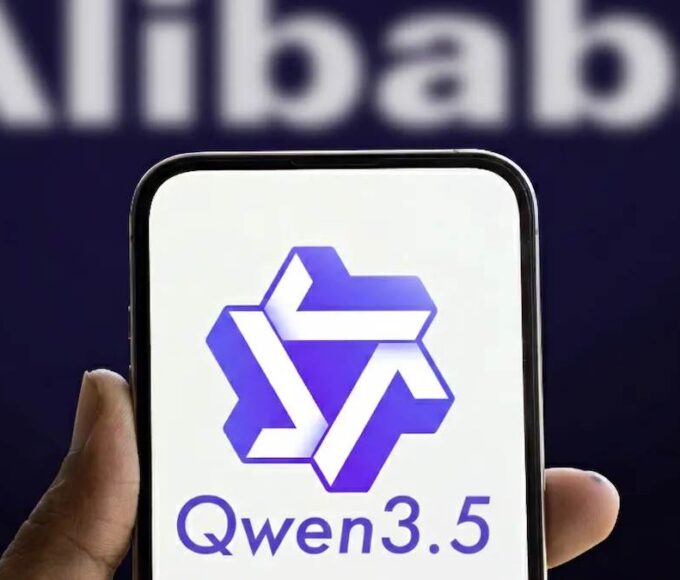In a move that intensifies competition in the AI space, ByteDance has launched Goku, a cutting-edge open-source AI model that is capable of generating high-quality images and videos from text prompts.
This marks a significant challenge to OpenAI and raises concerns about the future of AI technology, particularly for U.S.-based companies that had long dominated the industry.
What is Goku AI?
Goku is an AI model designed to produce smoother, more accurate images and videos, using a specialized approach known as rectified flow transformers.
This technology improves the flow of information through the model, reducing glitches and distortions for more natural and realistic results.
Essentially, Goku serves as a highly advanced digital artist capable of refining content with precision.
The Rise of Open-Source Models Like Goku
Goku follows in the footsteps of Llama and DeepSeek, other open-source models that are lowering the barriers for businesses to create AI-generated content.
This trend is challenging the long-standing belief that owning the best model guarantees market success.
Open-source AI software is difficult to regulate, particularly when it crosses borders, which makes it harder for governments like the U.S. to control access to these technologies.
The Real Value Lies in Application
While Goku is impressive in its ability to generate creative content, its real value lies in how businesses can integrate and apply this AI technology.
In marketing, for instance, having a wealth of creative ideas is just the beginning; the key challenge lies in selecting the best ideas and executing them effectively.
AI tools like Goku help reduce production costs but require businesses to focus on AI literacy for practical implementation across different sectors.
AI Literacy and Deepfake Risks
As tools like Goku make it easier to create hyper-realistic content, the risk of deepfakes—AI-generated media designed to mimic real people—grows.
This opens the door for potential misuse, such as misinformation, identity theft, and political manipulation.
Therefore, it’s crucial for businesses and society to prioritize AI literacy and invest in solutions to detect and combat these threats.
China’s Growing Influence in AI
The emergence of Goku underscores China’s increasing influence in the global AI race.
While U.S. dominance in the AI space was once unquestioned, models like Goku are proving that the future of AI will depend not only on technological advancements but also on how effectively businesses implement these tools.
As the AI landscape evolves, organizations around the world must adapt and invest in understanding these technologies to stay competitive.
In this rapidly changing environment, OpenAI now faces significant competition. The landscape is shifting, and success in the AI space will no longer be determined solely by possessing the best model but by creating ecosystems that make AI accessible, adaptable, and valuable for real-world applications.












Leave a comment